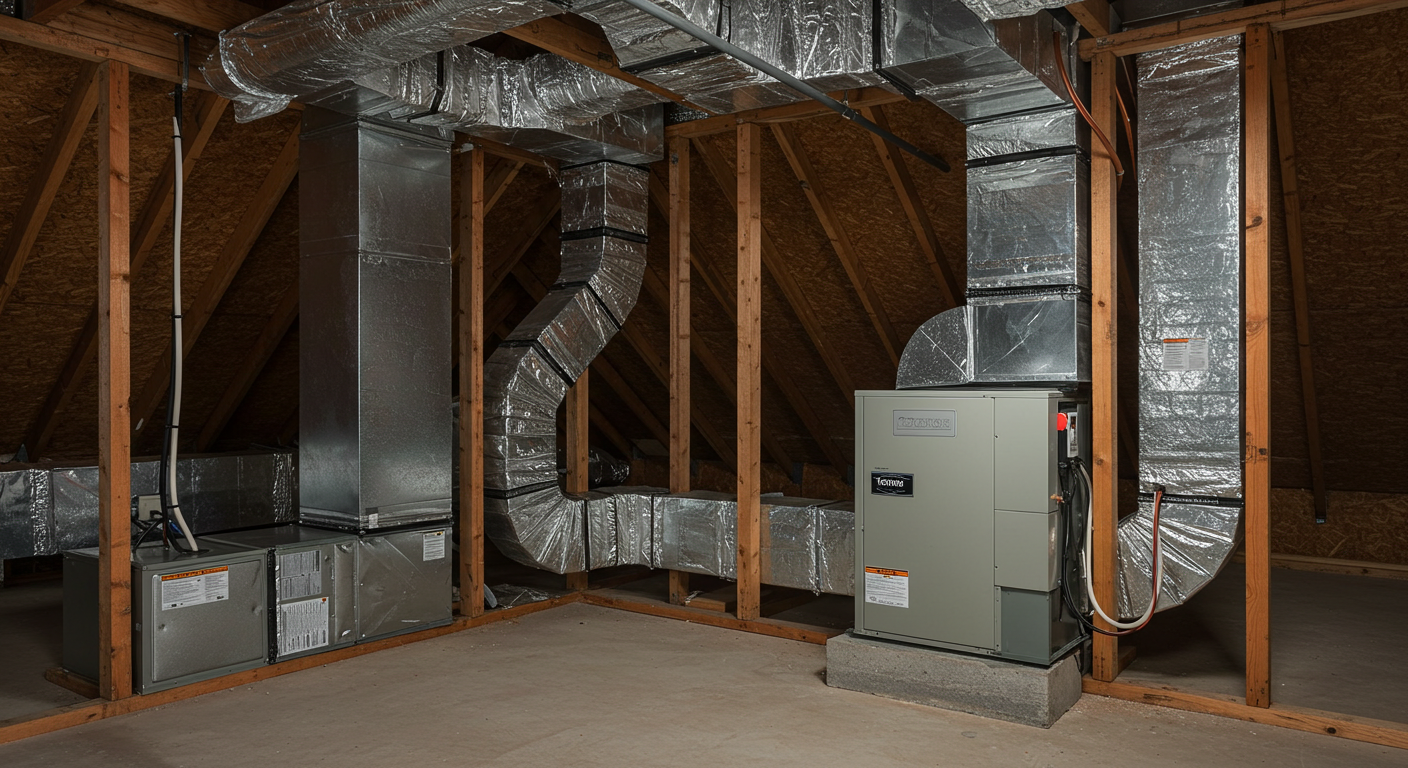Proven Methods for Job Site Waste Reduction in HVAC Installations
Are you looking to make your HVAC installations more environmentally friendly and cost-effective? You’re not alone. As we move further into 2025, reducing job site waste in HVAC installations isn’t just a nice-to-have—it’s a necessity. Let’s explore some impactful methods you can use to minimize waste and maximize efficiency in your projects.
Understanding HVAC Installation Waste
Did you know that HVAC systems account for 39% of all electricity used in buildings, with 30% of that energy being wasted? That’s a huge opportunity for savings and sustainability. By implementing proven waste reduction strategies, you not only help the environment but also improve your bottom line.
Strategies for Waste Reduction
When it comes to reducing waste on HVAC job sites, a few key strategies can make a world of difference.

Energy Efficiency Improvements
Improving energy efficiency is a straightforward way to reduce waste. The EPA suggests that better home efficiency can cut costs by 15%. Simple upgrades like replacing old insulation and adding new insulation to attics and crawl spaces are both effective and easy to implement.
Choosing the Right Equipment
The equipment you choose plays a critical role in waste reduction. High-efficiency systems like the Daikin 12k 20 SEER2 heat pump can significantly lower energy consumption. These advanced heat pumps are now viable even in cold climates, making them a smart choice for sustainable installations.
Installation Best Practices
Proper installation is crucial. Without it, even the best equipment won’t perform as expected. Tools like the BlackMax digital torque wrench ensure proper connections, preventing refrigerant leaks and inefficiency. Additionally, using a REFCO GOBI II condensate pump can avoid water damage, extending system life.
Refrigerant Management
Effective refrigerant management is essential for reducing environmental impact. Using tools like the Appion 5/16 inch valve core tool helps manage refrigerants responsibly, minimizing their high global warming potential.
Conclusion
Reducing waste in HVAC installations is more important than ever. By focusing on energy efficiency, selecting the right equipment, adhering to best practices, and managing refrigerants wisely, you can create more sustainable and cost-effective HVAC systems. Start implementing these strategies today and see the difference they make!
Call to Action: Ready to make your HVAC installations more sustainable? Contact us today to learn more about our eco-friendly HVAC solutions and take the first step towards a greener future.
FAQ
What are the best practices for HVAC installation waste reduction?
Implement energy efficiency improvements, choose high-efficiency equipment, follow proper installation practices, and manage refrigerants effectively.
How can I improve energy efficiency in my HVAC installations?
Replace old insulation, add new insulation to attics and crawl spaces, and use high-efficiency systems like the Daikin 12k 20 SEER2 heat pump.
Which tools are essential for proper HVAC installation?
Tools like the BlackMax digital torque wrench and the REFCO GOBI II condensate pump are crucial for ensuring proper installation and preventing issues.
How do I manage refrigerants responsibly?
Use tools like the Appion 5/16 inch valve core tool to manage refrigerants effectively and reduce their environmental impact.
Why is waste reduction important in HVAC installations?
Waste reduction lowers energy consumption, minimizes environmental impact, and can lead to significant cost savings.

